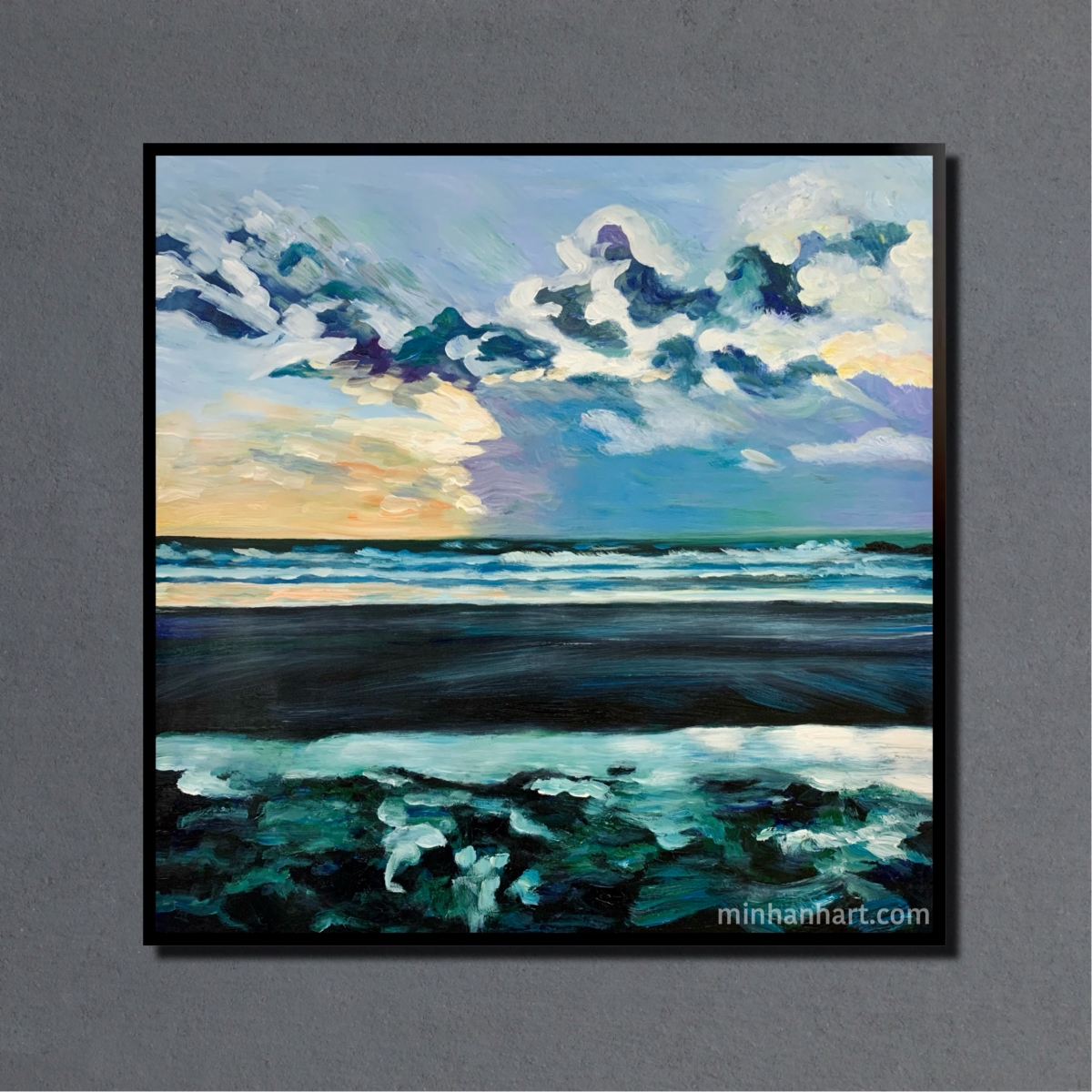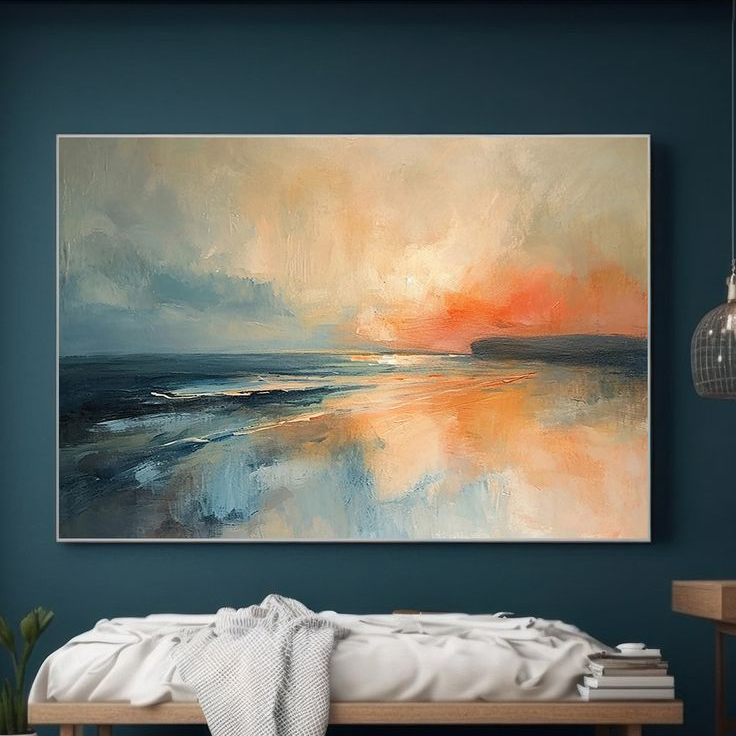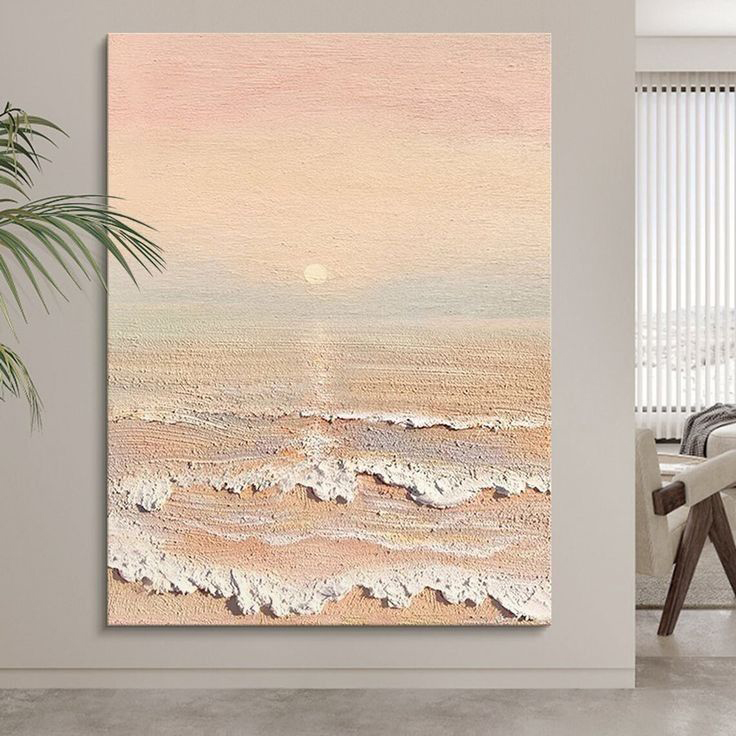Ever wondered what it's like to spend your days surrounded by masterpieces and creativity? A curator at a contemporary art gallery lives in a world where every detail matters—from brush strokes to lighting angles. Let’s take a walk through a typical (yet never ordinary) day in their shoes.

Before the doors open, the curator dives into a carefully structured agenda. What events are happening today? Are any VIPs visiting? Which artworks need repositioning? This planning phase sets the tone for the rest of the day.
At Minh Anh Art Gallery, nestled in the heart of Ho Chi Minh City, mornings begin with a quiet walk through the exhibition space. It’s more than a ritual—it’s a moment to reconnect with the art collection gallery and ensure everything still “feels” right.
Curators constantly seek fresh additions for the gallery’s collection. They evaluate technique, emotion, historical relevance, and potential value.
Scouting new talent is like hunting for hidden gems. Whether it’s from online platforms or art schools, these pieces may one day join the ranks of famous art collections.
Curators spend hours diving into archives and visiting other private art galleries to draw inspiration, compare styles, and build on global curating trends.
Crafting a curated art collection isn’t just about selecting beautiful works—it's storytelling. Curators work with historians, designers, and artists to craft experiences that resonate with diverse audiences.

Curators often meet with artists to understand their stories and techniques. These conversations shape how the artwork will be displayed and interpreted.
Collectors, on the other hand, may want reassurance that their contributions to the modern art collection are being honored and showcased with intention.
From education staff to lighting technicians, every role in a gallery matters. Weekly syncs keep everyone aligned on goals and upcoming art gallery exhibitions.
Creating a powerful art gallery exhibition experience is part science, part magic.
A piece can feel completely different under warm lighting or when placed at eye level. Even the wording of the label affects how visitors perceive a work.
Whether it’s a narrative of social change or a journey through color, storytelling anchors the viewer’s emotional response to the curated art collection.
Art installations rarely go without surprises. A delayed shipment. A frame needing replacement. It’s the curator’s job to stay calm and improvise.
A strong online presence isn’t optional anymore. Curators work with web teams to photograph, describe, and upload the art collection online—making the gallery’s voice accessible worldwide.
Whether it’s a student workshop or a contemporary art gallery launch, marketing is key. Email blasts, social media posts, and even influencer partnerships come into play.
Tours are where curators shine. They guide visitors through the art gallery collection tour, offering backstories, drawing attention to hidden details, and answering questions with contagious enthusiasm.
Explaining a fine art collection isn’t about sounding academic—it’s about making connections. What does this painting say about today’s world? How does it make you feel?
Evenings wrap with a debrief. What went well? Which artwork got the most attention? What can be improved tomorrow?
Long after the last visitor leaves, the curator might be sketching ideas for a new modern art collection, scribbling themes, or researching potential contributors.
Art is personal. What touches one may confuse another. Curators walk the tightrope of personal taste, public appeal, and institutional mission.
At the end of the day, it’s all about connection. When a child gasps in awe or a collector is moved to tears, the curator knows they’ve done their job.

Being a curator at a contemporary art gallery like Minh Anh Art Gallery is both an art and a science. It’s about preserving stories, embracing creativity, and constantly adapting to change. From reviewing a new fine art collection to guiding a passionate tour through a carefully designed art gallery exhibition, every moment counts. If you’ve ever dreamed of living a life surrounded by creativity, curating might just be your canvas.
1. What qualifications do you need to become a curator?
Most curators hold degrees in art history, museum studies, or fine arts, along with years of experience in the field.
2. What’s the difference between a curator and an art dealer?
Curators focus on preserving and displaying art, while dealers concentrate on selling art to collectors or galleries.
3. How are artworks chosen for an exhibition?
They’re chosen based on relevance to the theme, historical value, aesthetic appeal, and how they fit within the existing collection.
4. Do curators work alone?
Not at all. Curators collaborate with artists, educators, technicians, marketers, and sometimes even the public to craft meaningful experiences.
5. Can anyone access an art collection online?
Yes! Many galleries, including Minh Anh Art Gallery, now offer their art collection online, making it easier than ever to explore global creativity.
Message:
This article is proudly brought to you by Minh Anh Art Gallery – where creativity meets culture. Visit us at 101 Bui Vien St, District 1, Ho Chi Minh City or explore our gallery online.